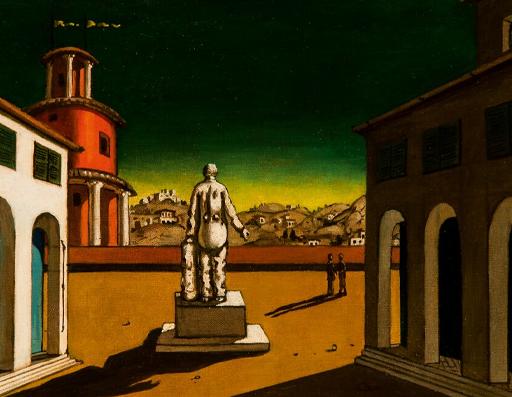
Lately, I have found myself haunted by an unsettling question: Are certain forces in America, both political and corporate, quietly steering the nation toward authoritarianism under the illusion that it will make them stronger? And if so, what does this mean not just for the United States but for the rest of the world?
The pillars of American democracy, freedom of speech, checks and balances, and the rule of law, have long stood as symbols of resilience and openness. Yet, as I observe recent trends, I cannot help but notice cracks in those pillars. The rise of political polarization, voter suppression laws, gerrymandering, judicial overreach, and attacks on the free press paint a troubling picture. These developments often come wrapped in the language of national security, economic growth, and protecting traditional values. But is this language merely a cover for a deeper, more dangerous ambition?
Authoritarianism has a seductive appeal, especially for those who see chaos in democracy. Democracy, by nature, is messy. It involves debate, compromise, and the slow grind of consensus-building. To those who favor quick action and centralized power, authoritarianism offers an enticing shortcut.
In the United States, the desire to "get things done" without obstruction has been weaponized by political actors who see compromise as weakness. The argument goes like this: If we can consolidate power, streamline decision-making, and bypass bureaucracy, we can implement reforms faster and more efficiently. But at what cost?
History shows us that authoritarianism often comes cloaked in efficiency but ends in oppression. From the fall of the Roman Republic to modern-day regimes in Turkey and Hungary, we have seen democracies erode under the guise of strong leadership.
The United States has long positioned itself as the global defender of democracy, pushing for elections and reforms in other nations. But what happens when its own democratic model begins to look more authoritarian? The risk is that this shift will not only embolden autocrats abroad but also undermine America's credibility as a champion of freedom.
Some might argue that centralized power could make America a stronger player on the global stage, better able to compete with rising powers like China and Russia. But this argument overlooks a critical point: True strength comes from moral authority, not coercion. By veering toward authoritarianism, America risks losing the very foundation of its influence—the trust and admiration of those who see it as a beacon of democracy.
Another troubling dimension is the role of corporate interests in this drift toward authoritarianism. Multinational corporations have become increasingly intertwined with politics, funding campaigns and influencing legislation. Their interests often align with centralized power structures that offer stability and predictability, even at the expense of democratic principles.
Consider the growing consolidation of media ownership, where narratives can be controlled and dissenting voices silenced. Or the expanding surveillance economy, where data collection by tech giants is justified as a means of security but ultimately erodes privacy. In this environment, the line between governance and corporate influence blurs, creating fertile ground for authoritarian tendencies.
This raises a key question: Are we witnessing the commodification of democracy? Is it being repackaged and sold as a tool for economic and political dominance rather than as a system for safeguarding individual freedoms?
The implications extend far beyond America's borders. As authoritarian tendencies grow within the United States, they set a precedent for other nations to follow. Leaders with autocratic ambitions may point to America’s actions as justification for their own abuses of power.
This erosion of democratic values also weakens international alliances built on shared principles. Trust among democratic nations may falter, leaving room for authoritarian regimes to fill the void. The global order could shift toward a new era of power politics, where might dictates right, and cooperation gives way to coercion.
The idea that authoritarianism can make America stronger is a dangerous illusion. Strength does not come from silencing opposition or consolidating power; it comes from resilience, adaptability, and the ability to correct course through open dialogue.
But then ...you get Donald Trump for president, MAGA the philosophy and Elon Musk the shadow ...cardinal.

No comments:
Post a Comment